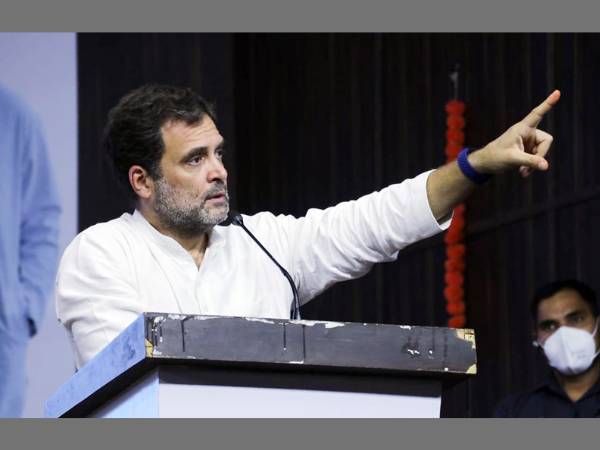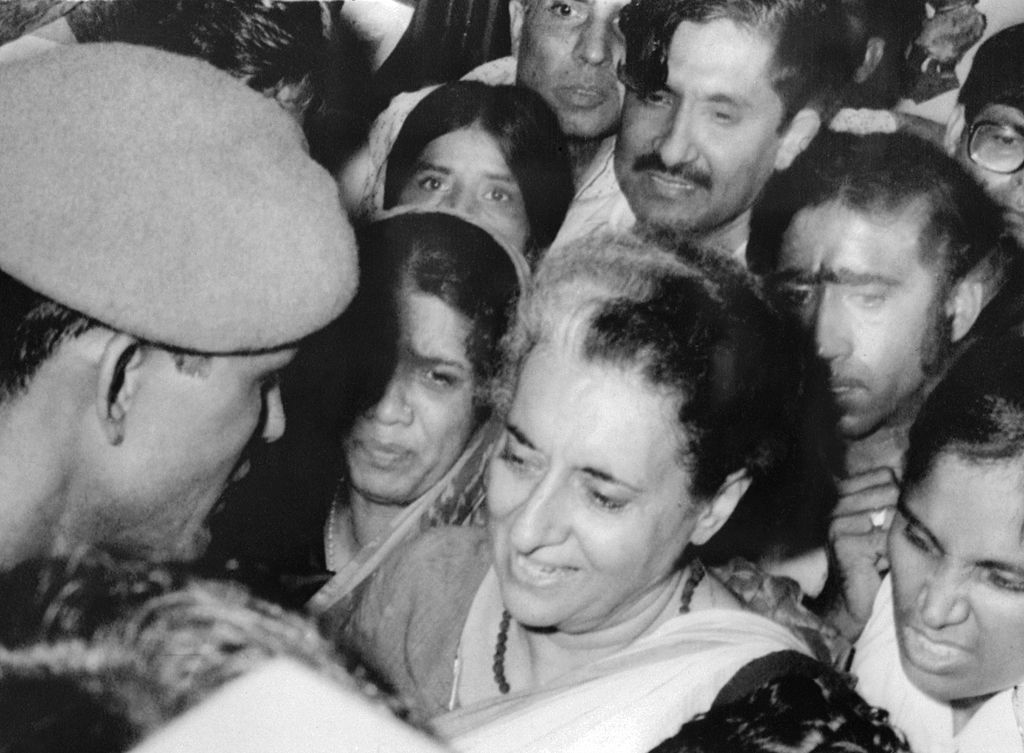- Friday, May 09, 2025

By: Shubham Ghosh
The disqualification of Indian National Congress leader Rahul Gandhi as a parliamentarian on Friday (24), a day after he was convicted by a court in the western Indian state of Gujarat over a four-year-old defamation case, has caused a massive uproar with the opposition accusing the Narendra Modi government of conspiring against them.
Gandhi “stands disqualified from the membership of Lok Sabha”, a notice said, referring to the Lower House of the parliament. His disqualification as a lawmaker was effective from Thursday (23), the same day the conviction came, according to the chamber’s secretariat.

Gandhi’s conviction was like revisiting history as his grandmother Indira Gandhi, a former prime minister of India who was assassinated by her own Sikh bodyguards in October 1984 when she was in office, had also faced a similar fate in 1975.
On June 12, 1975, justice Jagmohanlal Sinha of the Allahabad high court had convicted Indira of malpractices and stopped her from holding any elected post under the Representative of Peoples Act. Indira, daughter of India’s first prime minister Jawaharlal Nehru, had won the 1971 general election from Rae Bareli constituency in the northern state of Uttar Pradesh, defeating Raj Narain.
The latter then challenged her victory alleging electoral malpractices. It was alleged that the former prime minister had used government officials for personal election work. Her 1971 win was invalidated by the court.
But Indira retaliated strongly by imposing a national emergency on June 25 which continued for almost two years. She called fresh elections in 1977 but was defeated, ending the Congress’s uninterrupted rule of 30 years in New Delhi.
She won back to power in 1980 after the opposition coalition failed to rule smoothly and was in power till her assassination.